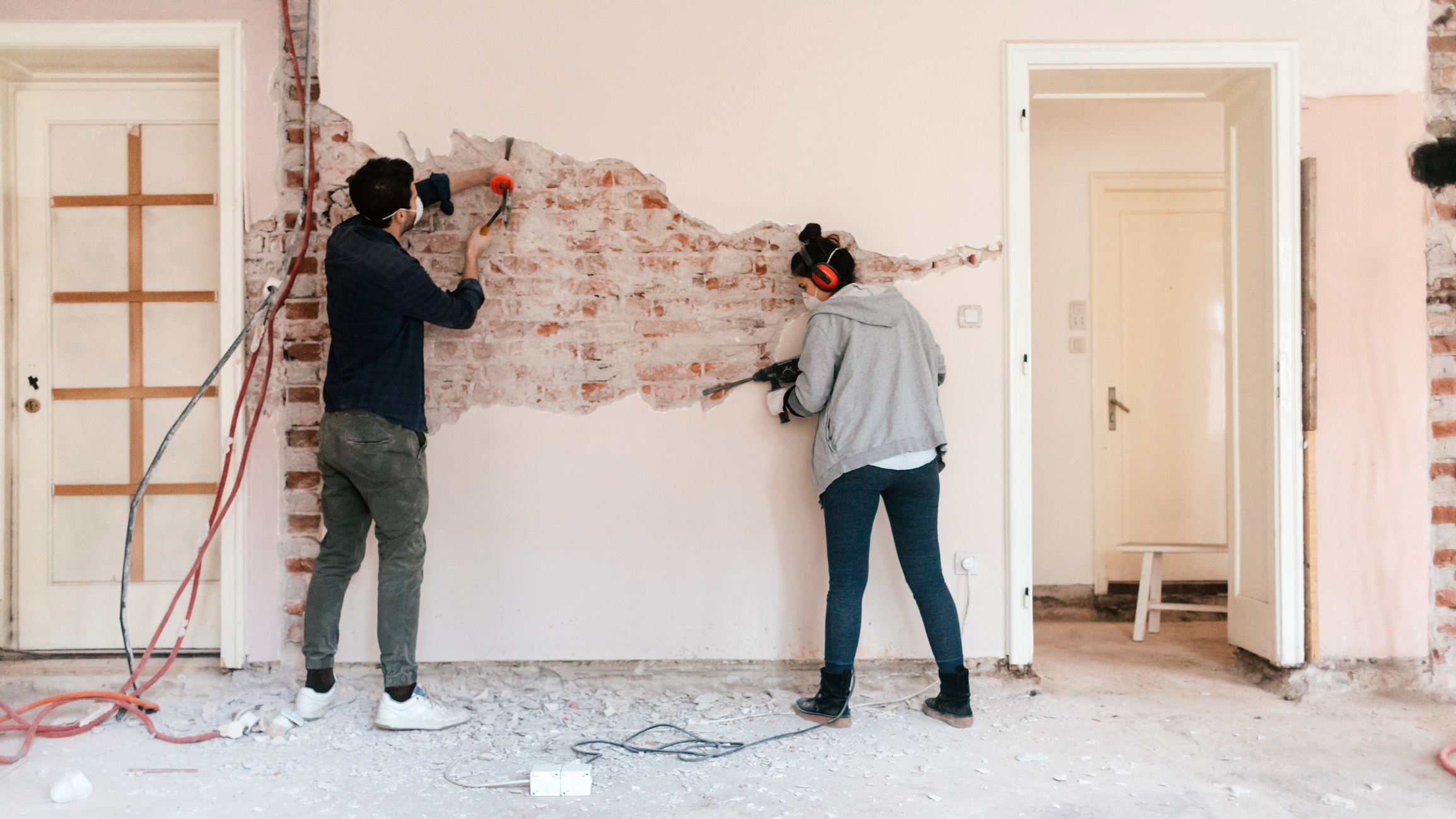How Home Improvement Projects Could Affect Your Taxes

Tax season is always a very stressful time for most people, yet we all know that there is no escaping. After all, there isn’t a country in the world that doesn’t have taxes. It’s a tedious process, one an average person would have a difficult time understanding. While we would usually hire a professional accountant to help us navigate our taxes, we do understand that certain things are advantageous for tax deductions and tax benefits. And we know the more we can get of it, the better it is for us.
Some of the more common things we can get tax deductions from include sales taxes, charitable gifts, premiums on health insurance, and even babysitter fees. But did you know that some home improvements you make can have an impact on your taxes?
Making Your Home Energy-Efficient
Did you recently have solar panels installed? Do you have a home battery powering your house? Or perhaps you’ve added wind or geothermal technologies to reduce your carbon footprint? Congratulations, earth warrior, because not only are you saving your energy and the environment, you can also save on your taxes.
You can apply for a tax credit on these kinds of home improvements where you can write off 30% of the cost of the product, installation, and labor. However, do take note that this is only a one-time credit, meaning you can’t keep writing off 30% every year. If, for instance, you install more energy-efficient products this year, you can still write off 26%, and another 22% next year when you add more upgrades.
The Addition Of A Home Office
Let’s be clear about something first. You cannot outright claim a home improvement as a tax deduction. Instead, home improvements, such as the addition of a home office, help with tax depreciation. This means that you can reduce your taxable income during the reporting period.

This is especially helpful for people running a small business at home. This is also applicable if you are renting out a part of your home. If you make improvements to the portion of the house that you are renting out, you can expect a full depreciation on your taxes. If it benefits the entire household, you’ll only see the reduction from a percentage in your rental area.
Home Improvements For Medical Reasons
You get two options when you’re filing tax deductions: the standard way (you abide by a predetermined amount set by the government regarding people in your filing status) or through itemizing (you list down every single item you want to claim a deduction for). Each one has a set of pros and cons, but if you itemize, you can list a home improvement made for medical reasons like a medical expense.
Do you need to improve your doorways and add ramps to accommodate a wheelchair? That’s a medical expense. Word of caution, though. Make sure that the improvements you are making are for the sole purpose of making life easier for someone with a disability, and not to increase the value of your home. Some anecdotal stories of this example include claiming home garden improvements as medical expenses to ease anxiety.
Taking on projects to improve your home is a worthwhile endeavor. With these things in mind, it’s also a frugal one. So if you’ve got the funds now for a home improvement project, take note of the above tips to help ease your financial burden.

